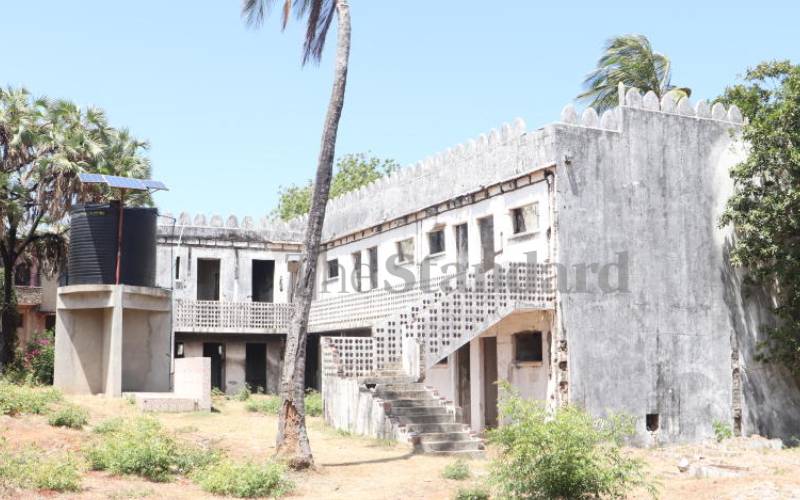×
The Standard e-Paper
Fearless, Trusted News

The remains of the once-thriving Five Star Sinbird Hotel in Malindi that has since collapsed. [Robert Menza, Standard]
Outside the once-famous Fermento International Disco along Malindi’s Lamu Road, one can hear sounds of strong tides of the Indian Ocean and the chirping of birds.